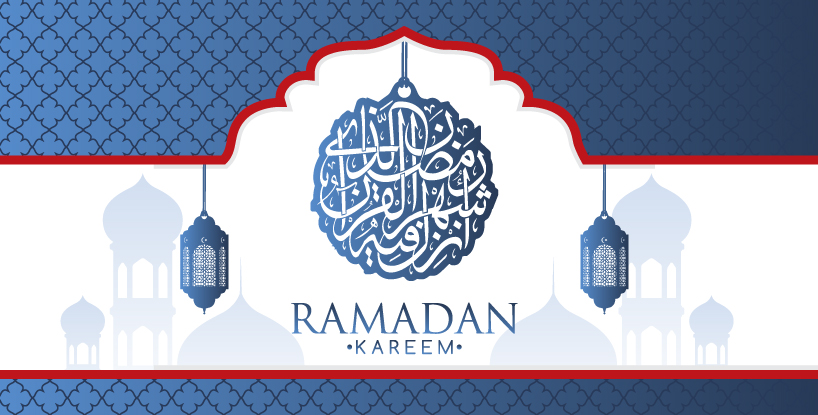It is no secret that the holy month of Ramadan has a huge significance in the UAE. With Ramadan right around the corner, here’s what you need to know about the holy month so that your workplace is aligned with the law as well as the norms and expectations of the country and the UAE culture.
First things first: What is Ramadan?
Ramadan is the holy month of the Islamic calendar, during which Muslims fast for 30 days from sunrise till sunset. It is the month of charity, worship and self-restraint.
This year, Ramadan will begin on Saturday, 27th May, bringing with it considerable changes in our normal work routines. This article explores the impact of Ramadan in the workplace.
What is Suhoor?
Suhoor is an Islamic term used for the early morning meal that Muslims consume before fasting. This meal is consumed right before sunrise and is meant to keep fasting Muslims energized until it is time for Iftar.
What is Iftar?
Muslims break their fast at the end of the day i.e. at sunset. The Islamic term for the meal consumed to break the fast is Iftar.
How is the working day affected by Ramadan?
As per Article 65 of the UAE labour law, all employees, Muslim and non-Muslim, are entitled to a 2 hour reduction in the daily working hours. The daily hours can be reduced by either starting work later or finishing earlier at the end of the day however this will depend on the timings set by the employer.
In instances where overtime is required during Ramandan, this cannot be imposed by the employer and the employee must agree to take on any extra hours. In this instance, overtime is payable as per the overtime rules for any hours worked over and above the reduced working day.
How are nursing breaks affected by Ramadan hours?
A female employee who has returned from maternity leave and is nursing her child will be entitled to a nursing break of up to 1 hour a day. This will be in addition to the 2 hour reduction which applies to all employees.
What impact does Ramadan have on the work environment?
- Eating, drinking and smoking are prohibited in public places, therefore the employer should designate a specific area which is out of sight, where employees who are not fasting can eat or drink during working hours
- Fasting can be physically and mentally tiring and therefore may affect concentration and energy levels during the day
- All employees are encouraged to pay particular attention to how they dress in Ramadan and are encouraged to dress modestly to show respect to the country’s culture
Many organisations plan a get together for Iftar with their employees and celebrate the joy of breaking the day’s fast. This makes for a great way to bond with the team and enjoy the Ramadan festivities.

